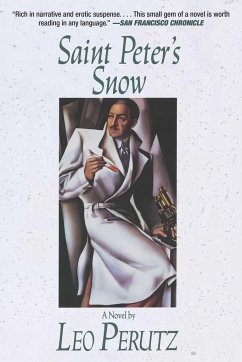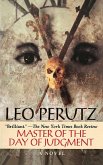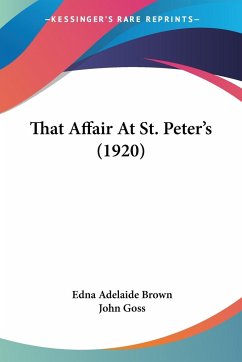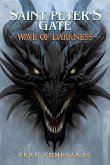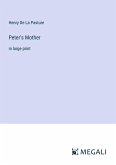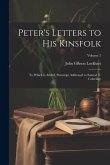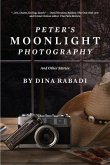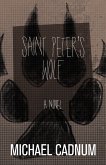"It could have been a common street accident that put Dr. Georg Amberg in the hospital, but for the five weeks his doctors say he has been in a coma--recovering from a brain hemorrhage after being run down by a car--he has memories of a more disturbing nature. What of the violent events in the rural village of Morwede? The old woman threatening the priest with a bread knife, angry peasants with flails and cudgels, Baron von Malchin with a pistol defending his dreams for the Holy Roman Empire--how could Dr. Amberg ignore these? And what of the secret experiment to make a mind-altering drug from a white mildew occurring on wheat--a mildew called Saint Peter's Snow? In this feverish tale of a man caught in the balance between two realities, Leo Perutz offers a mystery of identity and a fable of faith and political fervor. Banned by the Nazis when it was first published in 1933, Saint Peter's Snow is typical of Perutz's storytelling mastery: extraordinarily rich and elegant fiction that is taut with suspense, full of Old World irony and humor and "a timeless tale" (Kirkus Reviews). "--
Hinweis: Dieser Artikel kann nur an eine deutsche Lieferadresse ausgeliefert werden.
Hinweis: Dieser Artikel kann nur an eine deutsche Lieferadresse ausgeliefert werden.

